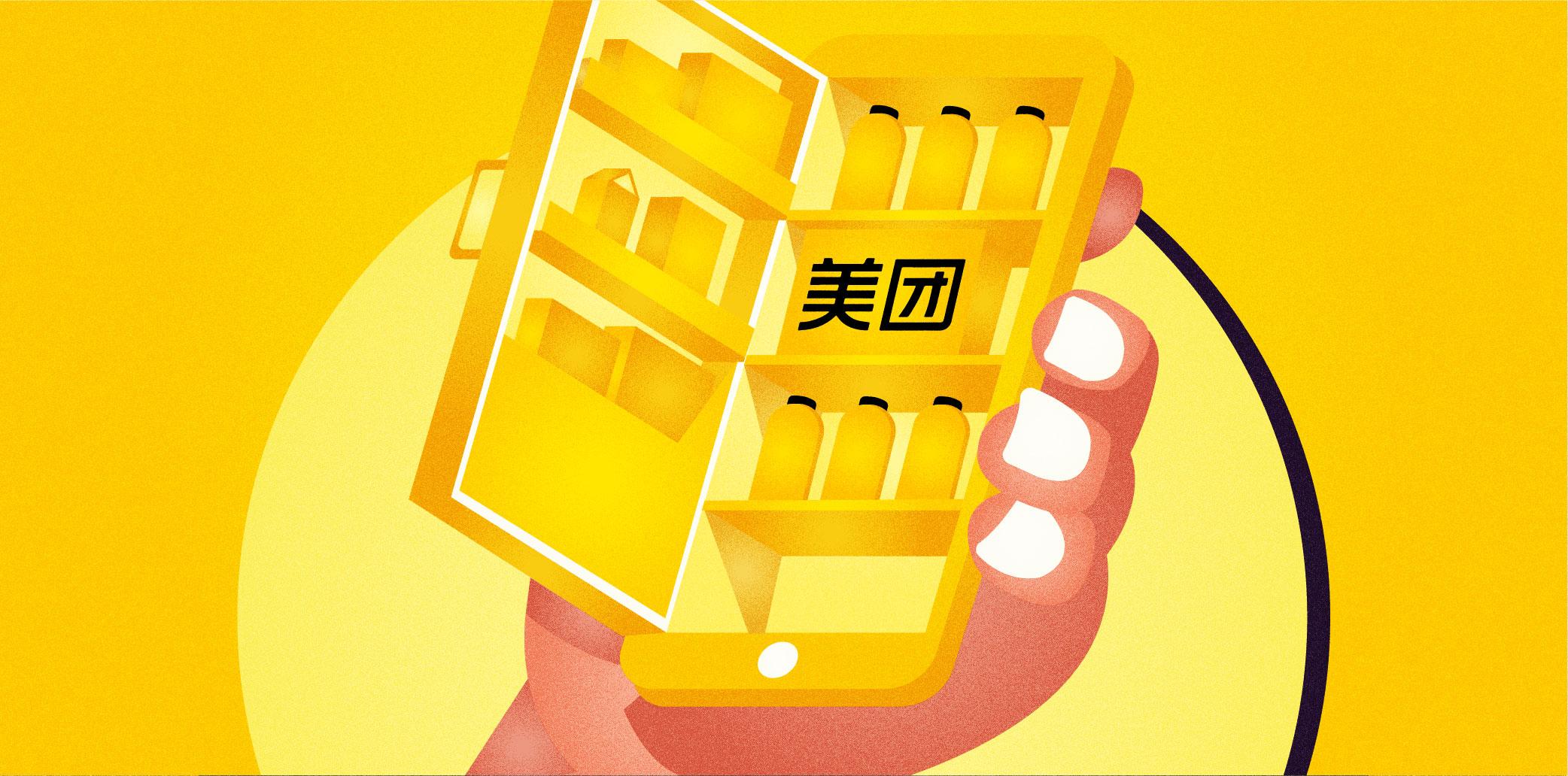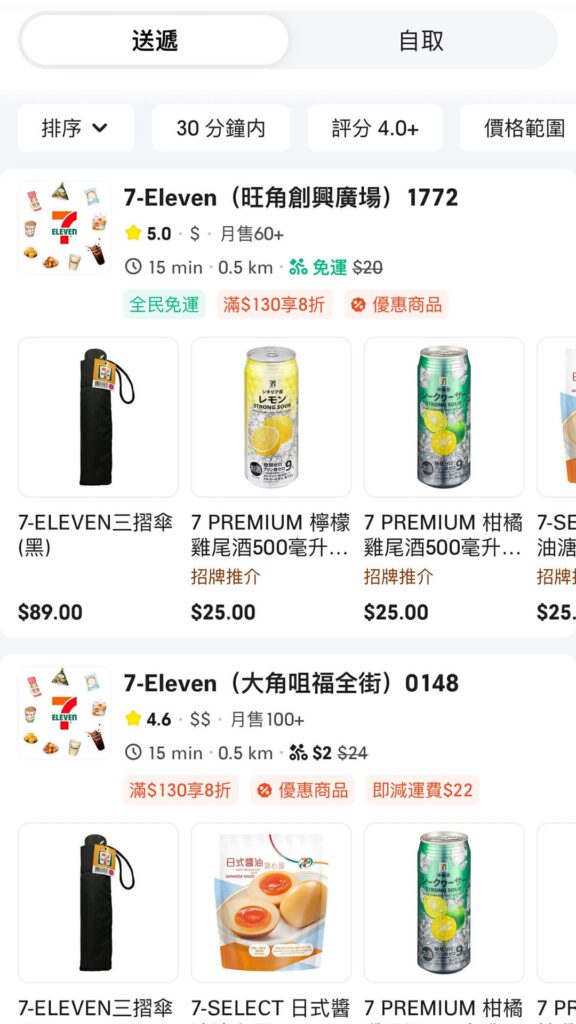Meituan’s Xiaoxiang Supermarket makes global debut, starting in Saudi Arabia

Building on Keeta’s success, Meituan brings its quick commerce model to Saudi Arabia’s booming grocery delivery market.
Just three months after Keeta went live in Saudi Arabia, Meituan has further extended its international footprint.
36Kr has learned from sources that Meituan’s Xiaoxiang Supermarket has officially begun its international expansion, starting with Saudi Arabia. The initiative is led by Liu Wei, a long-time Meituan executive who previously oversaw operations for Kuailv, Meituan Youxuan’s regional management division, and the in-store services team.
The team driving Xiaoxiang’s expansion is primarily composed of employees from Meituan Youxuan, Kuailv, and Xiaoxiang, according to insiders. Over 100 staff members from the product and R&D teams were the first to be mobilized, while the business team now consists of dozens of members. “The scale is considerable, but the approach remains cautious and highly confidential in its early stages,” one source said.
Industry insiders described this move as strategic, pointing to Keeta’s success in Hong Kong, where its food delivery operations have gained significant traction. Keeta’s order volume has already surpassed competitors Deliveroo and Foodpanda, claiming the market’s top position. In Saudi Arabia, while Keeta’s business is still emerging, its growth trajectory is described as promising. As of publication, Keeta ranks among the top two food delivery apps in Saudi Arabia. Sources also revealed that Keeta plans to expand further into Dubai and other markets in 2025.
In July, Keeta extended its services in Hong Kong, introducing convenience store deliveries. This included a partnership with 7-Eleven, which joined the platform at launch. Industry sources told 36Kr that food delivery, being a low-barrier, high-turnover business, attracts a diverse user base. Platforms like Keeta can leverage this user pool to introduce layered and segmented services, an approach that capitalizes on instant delivery capabilities that are broadly applicable and scalable.

In the Middle East, extreme heat and intense ultraviolet radiation make on-demand delivery not just convenient but essential. For instance, Talabat’s parent company, Delivery Hero, which has a significant presence in Saudi Arabia, completed its Dubai listing on December 10. During the fundraising process, the company’s CFO emphasized plans to strengthen its foothold in the Middle East and North Africa, citing the region’s rapidly expanding markets as prime areas for further investment and penetration.
A closer look at the segmentation of the instant delivery market reveals even greater potential in grocery delivery. In Saudi Arabia, the grocery delivery sector is in a high-growth phase, outpacing the more mature food delivery segment.
Data from Statista shows that, while Saudi Arabia’s grocery delivery market remains smaller than food delivery, its growth rate has consistently surpassed the latter since 2020. This trend is expected to continue over the next five years.
Lucidity Insights projects that Saudi Arabia’s grocery delivery market will reach USD 2.8 billion by 2028, growing at a compound annual growth rate (CAGR) of 18.2%—three times faster than the food delivery market. The key driver? Grocery delivery in Saudi Arabia remains in its early stages, with a growing number of players entering the field.
Several players have already gained traction in Saudi Arabia. In early 2023, Ninja and Nana completed seed funding and a USD 133 million Series C funding round, respectively. Both companies operate under a dark store model, offering products across categories such as fresh produce, skincare products, and pet food. Ninja currently holds the top spot among food apps in Saudi Arabia, while Nana, founded in 2016, introduced the dark store model to the region with a promise of 15-minute deliveries.
However, booming demand underscores the heavy investments required. The operating structure of warehousing differs significantly from food delivery. While food delivery generates revenue through commissions and advertising after user acquisition and vendor onboarding, warehousing requires substantial upfront investments—developing storage systems, conducting extensive market research, and negotiating with suppliers to build a robust product offering. This necessity explains the transfer of staff from Kuailv to support the effort.
A source close to Meituan told 36Kr that cost and demand considerations likely influenced the decision not to trial the venture in Hong Kong. “Hong Kong has a high density of convenience stores, and users are less reliant on online grocery orders compared to Saudi Arabia. Food delivery already provides sufficient profit margins in Hong Kong, but a dark store model would struggle to achieve profitability without a significant private-label product push. Otherwise, it could turn into a money-burning endeavor.”
The expansion from food delivery to grocery delivery echoes Meituan’s domestic growth strategy. In China, Meituan first established its instant delivery capabilities in the competitive food delivery market, then leveraged this infrastructure to address broader consumer needs. Meituan’s Shangou and Xiaoxiang businesses, for example, cater to fresh produce and daily necessities using shelf-based and self-operated dark store models, respectively.
The dark store model, led by Xiaoxiang, is gaining renewed momentum in China. Media reports indicate Xiaoxiang opened over 680 such facilities by the second quarter this year, with 550 located in first-tier cities like Beijing, Shanghai, Guangzhou, and Shenzhen. Other players, including JD Fresh and Sam’s Club, have also increased their investments in dark stores, while Dingdong Maicai’s recent profitability provides further optimism for the model.
Recently, Dingdong Maicai announced its international expansion, choosing Saudi Arabia as its first destination. Media reports suggest the company will primarily offer precooked meals, fresh produce, refrigerated items, and daily necessities to local customers.
A source close to Meituan described Xiaoxiang’s overseas expansion as inevitable, offering three key rationales:
- Middle Eastern policies are favorable, and the region’s development lags behind developed markets, presenting more opportunities.
- Leveraging Keeta’s food delivery foundation reduces customer acquisition costs and improves user retention.
- Should Xiaoxiang’s model prove successful, Meituan’s extensive product lines and supply chain can be scaled internationally, opening new avenues for growth.
After years of navigating successes and setbacks in China, the dark store model appears ready for a new chapter—this time, in the Middle East.
#QuickCommerce #GroceryDelivery #DarkStoreModel #SaudiArabiaMarket #MeituanExpansion
- Art
- Causes
- Crafts
- Dance
- Drinks
- Film
- Fitness
- Food
- Jogos
- Gardening
- Health
- Início
- Literature
- Music
- Networking
- Outro
- Party
- Religion
- Shopping
- Sports
- Theater
- Wellness


